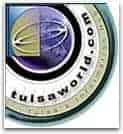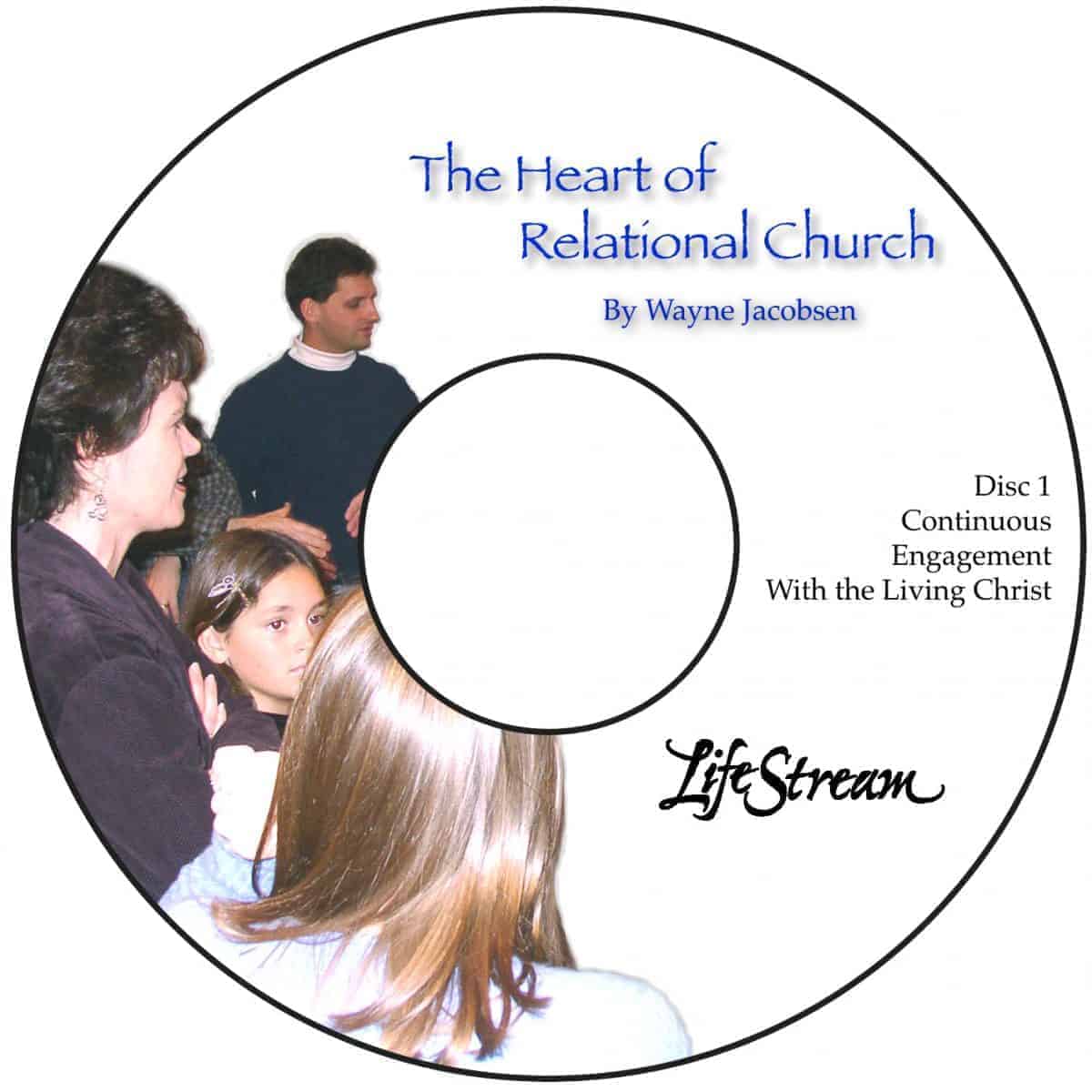 Religion: Changing priorities
Religion: Changing priorities
BILL SHERMAN World Religion Writer – Tulsa World
February 2, 2002
Author and speaker Wayne Jaconsen says more Christians are finding “the priorities of institutions and the priorities of the work of Jesus in our lives are really in opposition.”
Author finds growing interest in relational form of Christianity
A growing number of people disillusioned with organized religion are turning to what some are calling “relational” Christianity, according to author and speaker Wayne Jacobsen.
Some of those leaving institutional churches are turning their backs on Christianity, but others are finding their faith revitalized in smaller, informal groups of believers, he said.
Jacobson has written several books on relational Christianity, and travels widely speaking on the subject.
He was in Tulsa last week to speak at Bread of Life Fellowship.
“Sitting in a pew and hearing a mini concert and a lecture on Sunday morning” isn’t meeting people’s deep er need for life and connection with other people, Jacobsen said in an interview last week.
The very question “Where do you go to church?” reveals a wrong concept of church, he said.
“Would someone say to me, ‘Where do you go to Jacobsen?’ “
“I don’t ‘go to Jacobsen,’ I am Jacobsen.”
In the same way, Christians do not go to church, they are the church, he said.
The history of Christianity is the history of renewal movements which became institutions, he said.
Martin Luther didn’t intend to form the Lutheran denomination, and John Wesley didn’t intend to form Methodism.
“In fact, Luther’s comment was, ‘The day what we’re doing becomes its own religion is the day it will begin to die,’ ” Jacobsen said.
“The priorities of institutions and the priorities of the work of Jesus in our lives are really in opposition,” he said.
Over time, an organization’s need for money, for survival, for programs, can over run its care for people, he said.
And then it can become abusive.
“The church is notorious for using guilt and obligation to attempt to motivate people to righteousness, and though it will have some short-term appearance of fruitfulness, in the long term it doesn’t really transform people from the inside out,” he said.
Even the Charismatic renewal, of which he has been a part for 30 years, has become more institutional in some ways than mainline denominational churches, he said. (The Charismatic renewal swept through many denominational churches in the last half of the 20th century, emphasizing the gifts of the Holy Spirit such as speaking in tongues and healing.)
Jacobsen said the growing disillusionment with organized religion he is seeing is not a bad thing.
People are disillusioned because they were created by God with a deeper hunger than can be satisfied by religious institutions, he said.
“We find ourselves thinking, ‘I embraced this faith because I really wanted a deeper relationship with Jesus, and now I wind up sitting in a church being badgered for money, being badgered for righteousness, being badgered to participate in a program, and yet I don’t feel like I’m experiencing the inner life that I first started to experience.’ “
“If we’re disillusioned, we have some illusions which have to be ‘dissed.’
“It means we don’t think about God as he really is, or church as he sees it.”
Disillusionment is the first step to discovering who God really is, and what the church was meant to be, he said.
“There is something real that God calls church, and sometimes that overlaps with the organizations that Christians call church.
“Sometimes what we call church lives out the priorities and ideals that God has for it, and other times churches become incredibly abusive, or focused on money or the ego of the leader.”
Jacobsen, who often finds himself teaching in churches, said there is nothing inherently wrong with Christians meeting in large groups on Sunday morning, as long as the service is not manipulative or guilt-inducing.
People in a large church often connect to a smaller group in the church with whom they will share their spiritual life on a real level.
Cell groups and other home fellowships in larger churches can facilitate that, he said, if they are not too structured or artificial.
“I’ve seen healthy and unhealthy large churches, and also healthy and unhealthy home fellowships,” he said.
Sunday morning services, however, do tend to breed passivity, he said.
The best model for the church is Jesus and the disciples, he said.
Jesus didn’t have many organized meetings with them. He journeyed with them, and they had an ongoing conversation about their spiritual life and how to live in the love of the father.
Jesus didn’t teach programs and methods, Jacobsen said, he “taught us to love his father, and each other.”
Jacobsen said he sees groups of Christians all over the country developing what he calls a more relational form of church.
Often it will be 20 or 30 people meeting informally in a home or a rented facility, sharing their spiritual journey together, supporting each other in time of need.
“This is not a panacea,” he said, but it is a more authentic form of Christianity, noting that for the first 300 years of the church, it met almost exclusively in homes.
“For some, it might look more like a family at Thanksgiving dinner,” he said, “with the kids involved in the dialogue instead of being shuttled off to their own puppet show extravaganza.”
For others, it could be going once a week to a mission or a soup kitchen, serving and helping others while sharing life and fellowship together, or three or four people in an office, meeting weekly to talk about how God is changing them.
Ideally, he said, this fellowship is not just relational, connecting people to one another, but also is connecting people to God’s purposes and his love.
Jacobsen said most of his teaching ministry is about moving from a fear-based, or an appeasement-based relationship with God to a love-based relationship.
It’s learning that, “I can trust the fact that he loves me, and out of that love, everything in my life that needs to be changed can be changed,” he said.
Jacobsen was born and raised in California, in a family that was asked to leave the Baptist church after becoming involved in the Charismatic renewal in the late 1960s, he said.He is a graduate of Oral Roberts University, and was an associate pastor of a FourSquare church and founder and pastor of an independent charismatic church before devoting his ministry to speaking and writing.
In addition to his focus on relational Christianity, he founded Bridge Builders, an organization that trains educators and community leaders to find common ground on divisive issues, and which offers mediation and consultation services to communities caught in conflict.
His soon to be published book, “When World Views Collide,” offers seven rules of engagement for religious and cultural conflicts.




